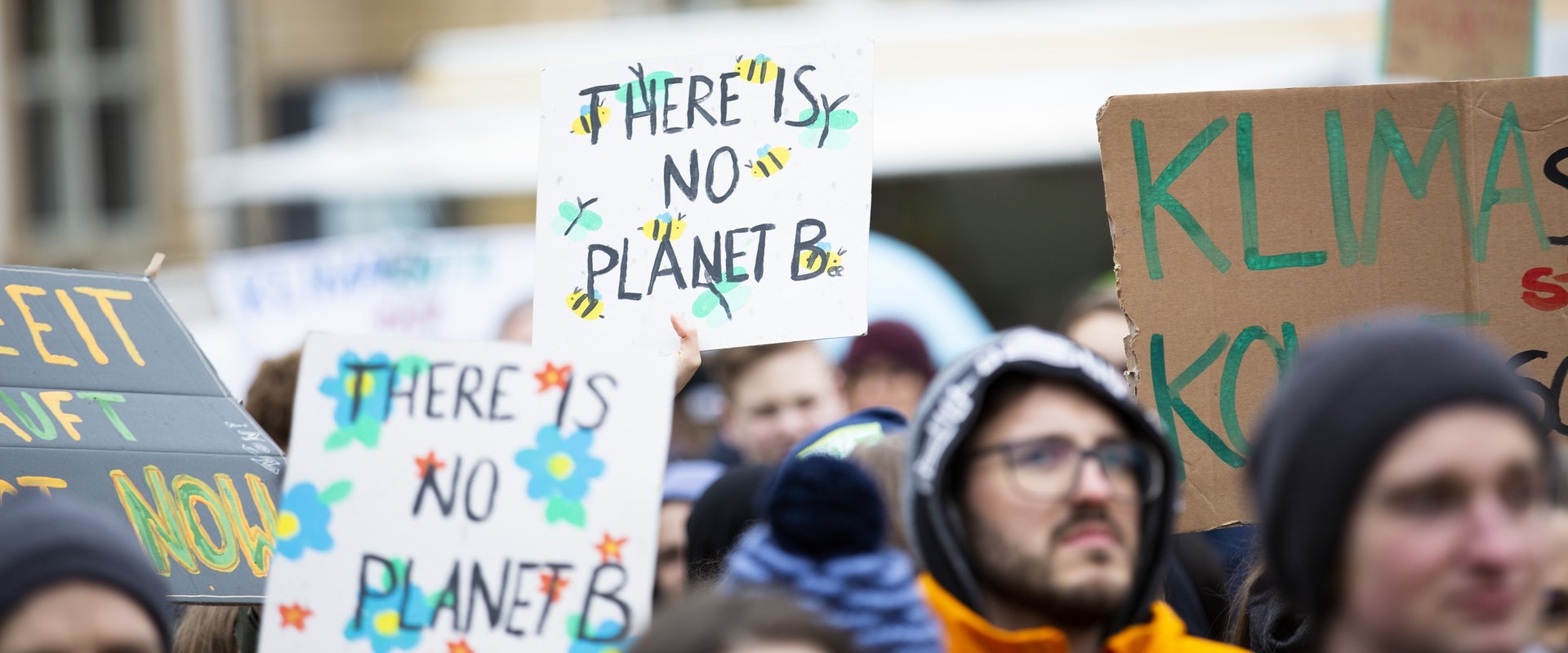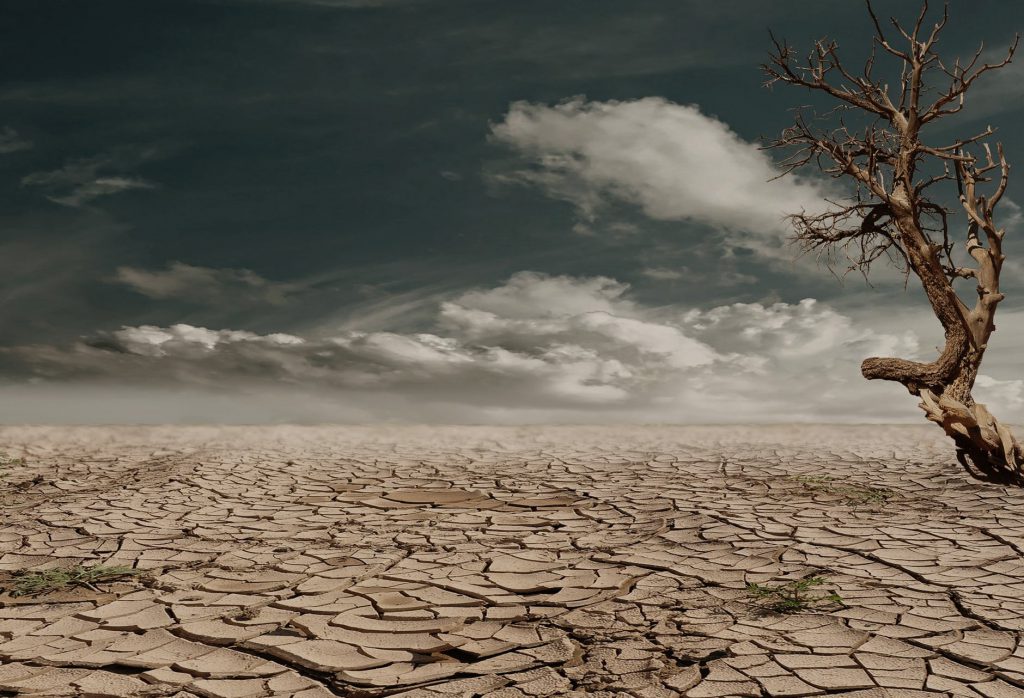Climate study is a complex and constantly evolving field of research. Moreover, it has taken a new dimension in recent times due to so-called ‘climate change’.
The earth’s climate has never been static. However, we are currently experiencing an increase in global temperatures that has managed to worry governments and institutions, as well as society in general.
Several questions have arisen, with the most important one being the following:
How will climate change affect our planet?
The Intergovernmental Panel on Climate Change – or IPCC – have made a clear statement in their document regarding the impact, adaptation and vulnerability, presented to Brussels in April 2007. They state “Climate change already affects millions of people, ecosystems and species around the world, and if nothing is done about it, it will cause greater and more severe impacts.”
“SPAIN IS THE DRIEST COUNTRY IN EUROPE AND, ACCORDING TO THE UN, ONE-THIRD OF THE TERRITORY SUFFERS VERY HIGH LEVELS OF FESERTIFICATION.”
A decade has passed since then and as well as the increase in pollution, the entire population has witnessed dramatic changes. The severe droughts and fierce storms, destroy crops and alter the lives of many species and affects the lives of millions of people around the globe.
Main effects of climate change?
- Rising sea levels. When the temperature of the Earth’s surface rises, the ice begins to melt from our glaciers, causing an increase to the amount of water in the world’s oceans and a drastic rise in sea level. This index could rise from 15 to 95 centimetres in the year 2100, putting at risk the existence of many cities around the world. This danger to the Mediterranean countries, for example, is clear, with the possible disappearance of coastal areas such as the Bay of Biscay, large parts of the eastern coast of Spain, Italy and especially many Greek islands.
- Heat waves. Research indicates that heat waves will increase due to the greenhouse effect. Spain is the driest country in Europe and, according to the UN, one-third of its surface suffers an alarming rate of desertification, having already irreversibly degraded up to 6% of its land.
- Extreme storms. As the temperature of the oceans increase, the evaporation of water intensifies and, with it, cloud formations. Global warming will, therefore, cause ocean water to intensify the storms leading to an increase in devastating hurricanes.
- Droughts. The scarcity of water is already wreaking havoc in some parts of the globe. By reducing fresh water due to global warming, agriculture and livestock will be directly endangered, leading to times of great famines.
- Species at risk. Deforestation and heat waves are changing the habits of many species and affecting the perpetuity of biodiversity.
- Diseases. Changes in the habitat can make conditions for eradicated or dormant microorganisms re-emerge. This could even affect the survival of the human species. According to the World Health Organization, every year 150,000 people die due to climate change, especially due to increasing epidemics.
- Ice meltdown. Ice is disappearing in both the North and the South Pole. The IPCC has made an alarming statement: the extent of snow has decreased by around 10% in the northern hemisphere since the 1960s. A disturbing fact despite the constant reduction in permafrost, the ice that for thousands of years has remained frozen many meters beneath the sea.
- Belic conflicts. Controlling natural resources is one of the objectives of the main world superpowers. Unfortunately, this is causing conflicts all around the globe.
- Economic instability and emigration. Severe economic losses are caused directly from hurricanes or cyclones. These also destroy public infrastructure and housing. Because of this, and the lack of control of agricultural and livestock production systems, many areas in Africa and other continents will struggle to become self-sufficient in the future due to desertification; not to mention factors that make areas uninhabitable, leading to large migratory flows.
- Ecosystem destruction. Coral reefs are just one example of the unique areas damaged by the global climate problem. Its ecosystem dies and will completely disappear in the year 2050 if we continue along this path.
A job for everyone
Understanding the effects that climate change creates on a global level will help us to understand why we must change our habits in life.
Certain key aspects of climate change must be known in order to recycle more, not waste water, use alternative means of transport; also, it is essential to avoid wasting products and food and to give preference to renewable sources… Only by doing this, will we create a brighter future and a greener future for all of the species around the world.


